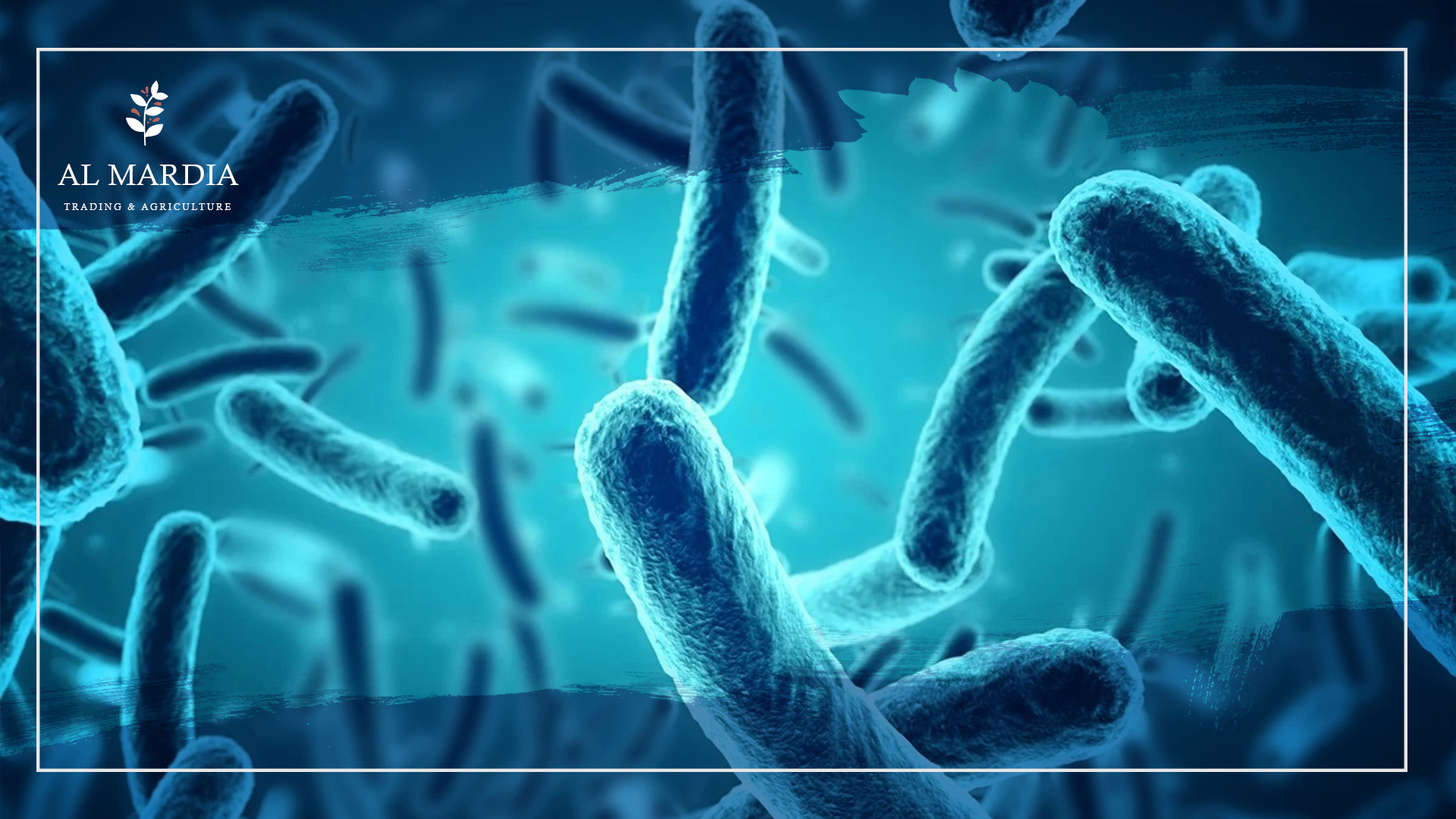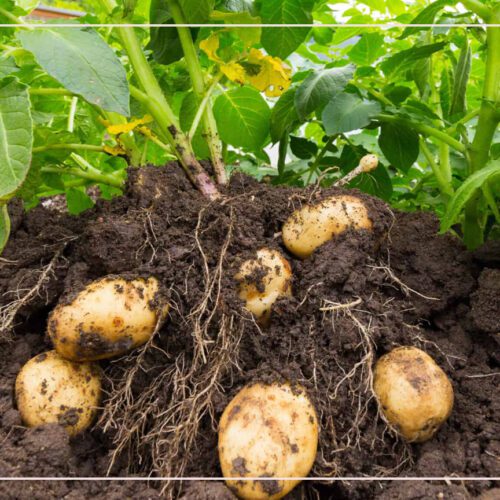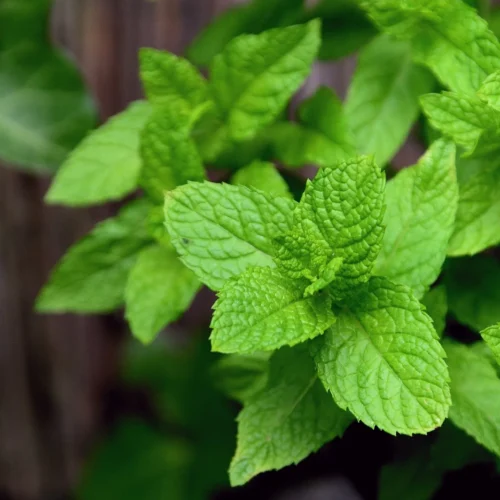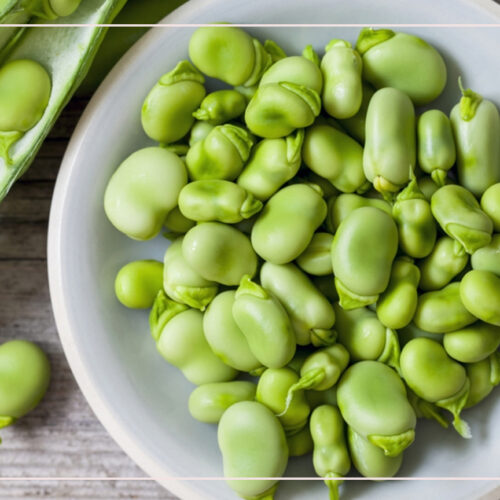
The Beneficial Role of Microorganisms
Microorganisms are an essential part of life on Earth. The most abundant type of microorganism is the single-celled organism without a nucleus, which can be found in almost every environment. These organisms play a major role in many processes such as decomposition, nutrient cycling and food production. Furthermore, they are also responsible for some human diseases such as food poisoning. In this article, we will explain some ideas about the beneficial role of microorganisms.
Beneficial bacteria in agriculture
Agriculture studies show that it’s necessary to double food production by 2050 to meet the growing population’s needs, at the same it’s essential to follow the sustainable agriculture approach, and sustainability prohibits reliance on inorganic supplements like chemical fertilizers and pesticides.
One of the most effective plans to achieve this goal is to harness the beneficial bacteria in agriculture and its interactions with plants. Depending on its huge influence on plant growth and as long as it’s 100% biological, it’s widely recommended to use it for essential processes like nitrogen fixation, acquisition and uptake of major nutrients, promotion of root and blossom growth, disease control or suppression, and enriched soil structure.
Nitrogen-fixing process:
This process is considered one of the most essential beneficial biological processes for economic and sustainable agriculture worldwide.
Symbiotic associations between legume plants and bacterial nodes located in the rhizosphere play a determining role in plant health and soil fertility. Plant growth-promoting rhizobacteria (PGPR) is a free-living soil bacteria that help in promoting plant growth by colonizing the plant root.
Globally, annual inputs of fixed nitrogen from crop legume–rhizobia symbioses are estimated as 2.95 million tonnes for pulses and 18.5 million tonnes for oilseed legumes.
Many researchers are seeking to detect the most functionally significant species of beneficial bacteria with more productive effects on crops to increase benefits from these beneficial microbes for sustainable agricultural production and climate change adaptation.
Phosphate solubilizing microorganisms:
There is a symbiotic relationship between plants and mycorrhizal fungi (arbuscular mycorrhizal fungi, AMF) which is very beneficial for nutrient uptake and transport. However, there is still doubt and uncertainty about its functional benefits in intensive agricultural systems. profound experiments on the “microbial interactions in
the microsphere” have been applied to develop our ability to control plant-mycorrhizal associations.
Restoration of arbuscular mycorrhizal fungi symbiosis is one of the key beneficial processes for a biological rehabilitation of contaminated soils and mining sites.
Variable species of Bacteria like (Pseudomonas, Bacillus, and actinomycetes) and Fungi like (Aspergillus, and Penicillium species) can play an essential role in solubilizing and mineralizing plant-unavailable forms of phosphorus in soils. It’s also proven that they are increasingly used as inoculants in some limited environments.
Biological control microorganisms:
Bacteria, actinobacteria, and fungi can function as biocontrol agents against root diseases. To use the beneficial microorganisms as biocontrol organisms against soil-borne pathogens, some challenges must be overtaken like their high sensitivity and poor survival, lack of adaptability to the surrounding environment, and variable root colonization.
Three conditions to succeed in using microorganisms as biocontrol inoculants:
- Get the right population to ensure effective biological control.
- Extend the period during which an adequate density is sustained in the rhizosphere.
- Increasing the spectrum of diseases and pathogens control, which is provided by rhizobacteria.
Biocontrol inoculants are usually evaluated by testing their hyper-parasitism, competition, competition, predation by indigenous organisms and antibiosis potential due to antagonism.
Related topic: Earthworms: Tiny Creatures, Huge Benefits
Bacteria and food industry:
Currently, more than 3500 traditionally fermented foods exist in the world. They are of animal or vegetable origin and become a basic part of our daily diets.
Beneficial bacteria are fundamental in producing dairy products, yeast, and many food products. One of the most important bacteria in the food industry is the Lactobacillus species which is also known as lactic bacteria.
Fermentation:
Fermentation processes can’t be accomplished without specific microorganisms. For example, molds, yeast, and bacteria are indispensable to making food products like bread, beer, vinegar, yogurt, and cheese, as well as fermented meat, fish, and vegetables. Lactic bacteria are the essence in the process of preparing Sauerkraut.
The fermentation process is considered one of the oldest transformation and preservation techniques applied in food manufacturing. This biological process helps not only in preserving food for a long time but also improves its nutritional qualities in a sensual way (smell, taste, touch, sight).
Yeast:
Baking yeast is commercially produced from a nutrient source that is rich in sugar. The fermentation process is conducted in large tanks or containers. It’s gathered by centrifugation once the yeast fills the container as an off-white liquid. This liquid is further processed into several forms of yeast: compressed, active dry, and instant.
Yeasts have two main uses: baking and making liqueurs, and it’s been used for ages in breadmaking and fermented drinks. There is evidence that ancient Egyptians used yeast making bread, and different alcoholic beverages.
In conclusion, microorganisms play a vital role in maintaining the balance of life on Earth. From aiding in soil fertility to providing nutrients for plants and animals, they are essential components of many ecosystems. They also have beneficial roles in our own lives, providing us with food, medicine, and even energy. Understanding the beneficial role of microorganisms means another step towards agricultural sustainability.
You can now check the full list of Agricultural Products
produced by Almardia Group
Common questions:
What kind of bacteria helps farmers?
Rhizobia, Bacillus, Mycorrhizae, Azospirillum, Trichoderma, Pseudomonas, Streptomyces species, and many more.
What are 3 beneficial ways to use bacteria?
Cleaning up oil spills and toxic wastes.
Producing biological pesticides and herbicides.
They are creating food products, drugs, and biogasses like methane.
What food products are made by bacteria?
Cheese and other dairy products are widely consumed in Europe.
Products manufactured from fermented Cassava play a key role in African diets.
Soy and fish-derived products are consumed in Asian daily meals.





